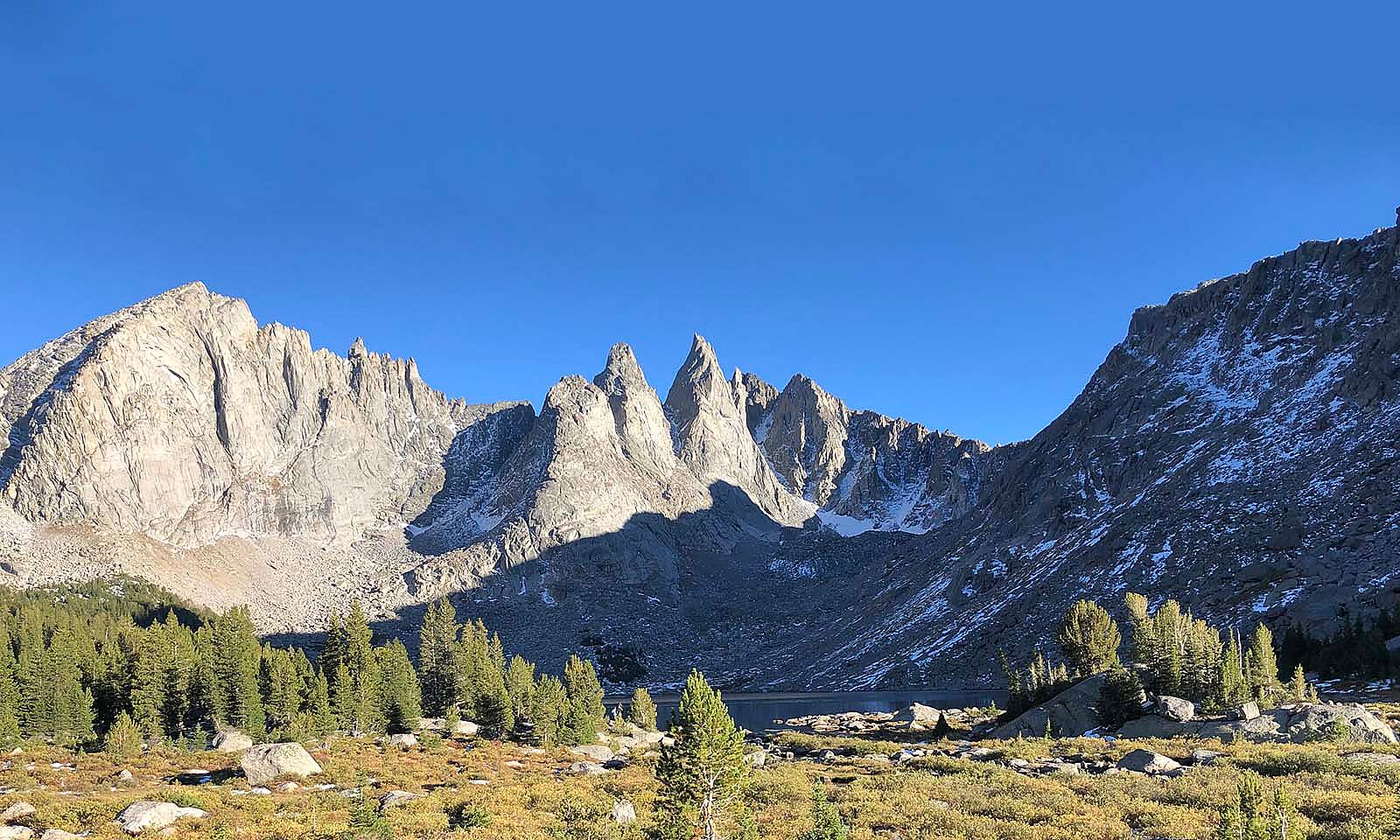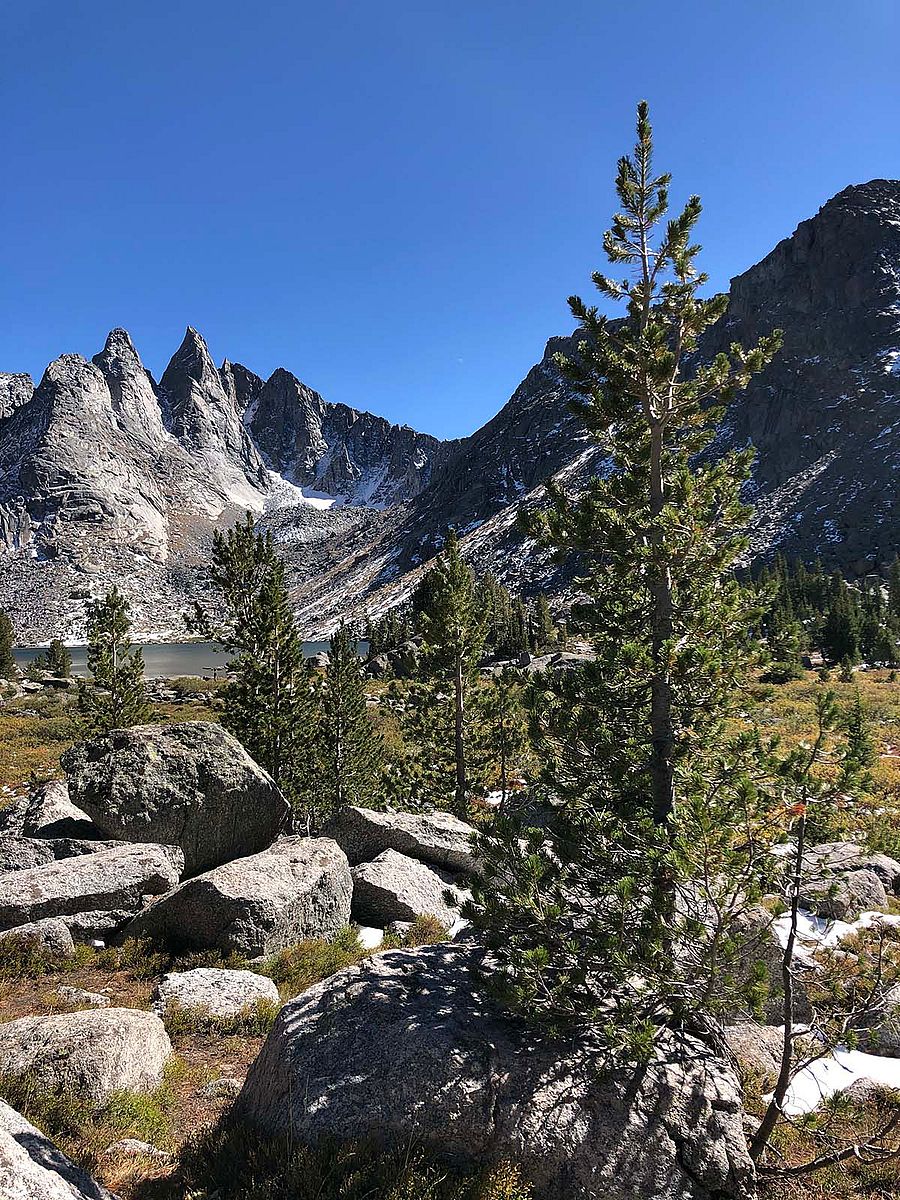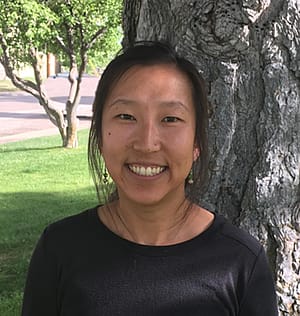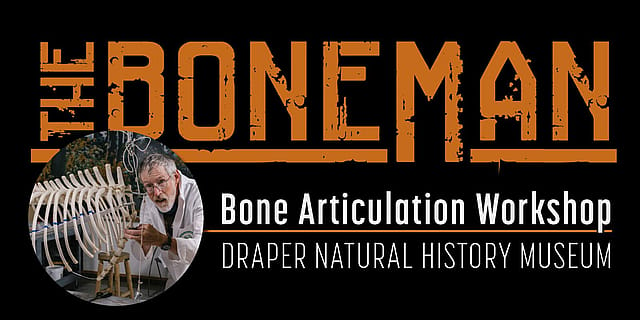
- This event has passed.
Talk: Whitebark Pine & Limber Pine
May 4, 2023 @ 12:00 pm - 1:00 pm MDT

Functional traits underlie specialist-generalist strategies in whitebark pine and limber pine
By Danielle Ulrich
May 4, 2023
Noon–1 p.m.
Free
Join us for our May Lunchtime Expedition, Functional traits underlie specialist-generalist strategies in whitebark pine and limber pine, presented by Dr. Danielle Ulrich of Montana State University.
The in-person talk takes place in the Center’s Coe Auditorium, with a virtual option available.
If you prefer to join us online, you may register in advance via Zoom webinar: https://us02web.zoom.us/webinar/register/WN_SS4izMG_Rwaa2bxSqZO8gw
After registering, you will receive a confirmation e-mail containing information about joining the webinar.
About the presentation
Examining plant life history strategies such as generalist and specialist strategies can improve our understanding of how forests will respond to future climates. Whitebark pine (Pinus albicaulis, PIAL) and limber pine (Pinus flexilis, PIFL) are two threatened high-elevation pines that have similar growth and morphology, yet contrasting elevational distributions with PIAL viewed as a specialist inhabiting a narrower elevation range, and PIFL as a generalist inhabiting a broader elevation range.
In her research, Ulrich and her team compared the physiological and morphological traits of greenhouse-grown 5-year-old PIAL and PIFL to identify physiological mechanisms that underlie species establishment and survival, and how juvenile physiology contributes to their contrasting distributions and their generalist-specialist strategies.

About the speaker

Dr. Danielle Ulrich is a plant ecophysiologist and Assistant Professor in Ecology at Montana State University. She investigates plant physiological responses to and interactions with their environments in forest, agricultural, and grassland ecosystems to understand the physiological mechanisms underlying plant responses to environmental stress and future climates.
Ulrich earned her BA at Bowdoin College, and her MS and PhD at Oregon State University, and completed a postdoctoral fellowship at the Los Alamos National Laboratory. In her spare time, you can find Dr. Ulrich in a forest mountain biking, telemark skiing, trail running, and whitewater rafting with her dog and partner.
Upcoming Lunchtime Expeditions
• June 1: Golden Eagle Monitoring and Research in Yellowstone National Park
• July 6: The Future of Forests in Greater Yellowstone in a Warmer World with More Fire
• August 3: Dinosaur Paleontology in the Bighorn Basin
Support for the Draper’s Lunchtime Expedition series has been made possible by Sage Creek Ranch and the Nancy-Carroll Draper Charitable Foundation.
Details
- Date:
- May 4, 2023
- Time:
-
12:00 pm - 1:00 pm MDT
- Event Tags:
- Danielle Ulrich, Draper Natural History Museum, free lecture, limber pine, Lunchtime Expedition, Nancy-Carrol Draper Charitable Foundation, Sage Creek Ranch, Whitebark pine
Venue
Organizer
- Draper Natural History Museum
- Phone
- 307-578-4078
- amyp@centerofthewest.org
Related Events
-
The Boneman Returns: Bison Articulation at the Draper Natural History Museum
August 4 @ 9:00 am - 6:00 pm MDT

